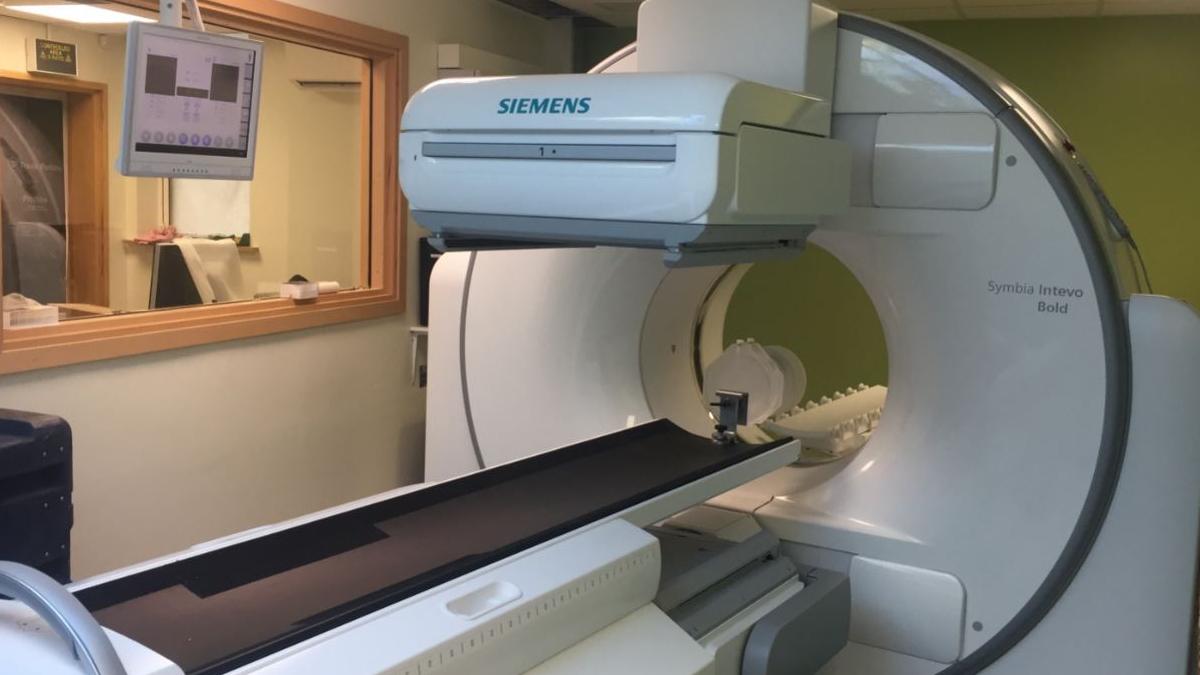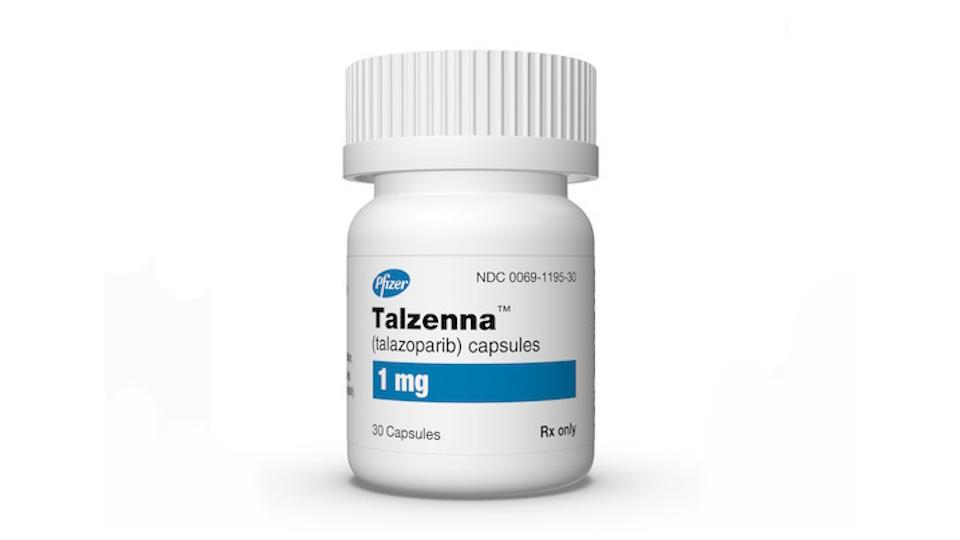UK first to approve Rotop's prostate cancer imaging agent

The Medicines and Healthcare products Regulatory Agency (MHRA) in the UK said it has given a world-first approval to Rotop's trofolastat, a PSMA-targeting agent for detecting lesions in men with prostate cancer.
The drug – also known as RoTecPSMA (99mTc-MIP-1404) – is designed to be used in tandem with technetium-99m as part of a kit that allows prostate cancer lesions to be detected using single photon emission computed tomography (SPECT) imaging.
The diagnostic is also the first PSMA-SPECT tracer approved in a European country, according to the Dresden, Germany-based company, which said the approval "marks a significant step forward in closing a gap in patient care, making advanced diagnostics more accessible for those affected by prostate cancer."
It has been approved by the MHRA for use in three settings, namely identifying how far high-risk prostate cancer has spread before treatment, detecting recurrence in patients with PSA levels – currently the main diagnostic for prostate cancer, but notoriously unreliable – and determining whether targeted therapies might be effective.
"This is an important milestone as, despite the success of multiple PSMA PET agents, there is still a lack of access to PSMA imaging in many parts of the world," commented Professor Ken Herrmann, a nuclear medicine specialist at University Hospital Essen in Germany.
"The rising demand for PSMA scans is already causing delays for men who urgently require a scan to guide their clinical treatment," he added. "It's fantastic news that RoTecPSMA can now help fill this gap and enhance access to care."
The UK approval is backed by a study involving 105 prostate cancer patients, which showed RoTecPSMA achieved 94.2% sensitivity in identifying prostate cancer lesions and an 83.3% specificity in confirming cancer-free areas.
"As the first PSMA-targeting diagnostic product approved with technetium-99m, which is widely available in UK nuclear medicine facilities, this approval has the potential to expand access to prostate cancer imaging and support diagnostic pathways within the NHS," commented Julian Beach, MHRA's interim executive director for healthcare quality and access.
Prostate cancer has become the most common cancer in England, with a massive 25% increase in cases between 2019 and 2023, according to patient advocacy group Prostate Cancer UK, which maintains that diagnoses have been higher than breast cancer for two years in a row following a surge in cases that were not picked up during pandemic lockdowns.













